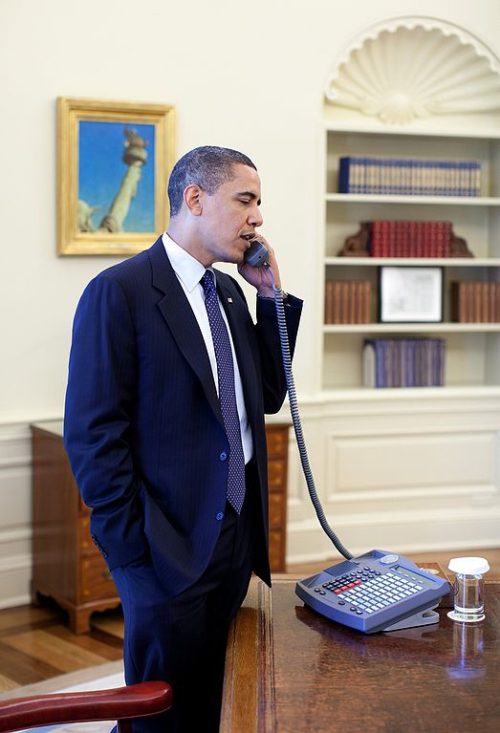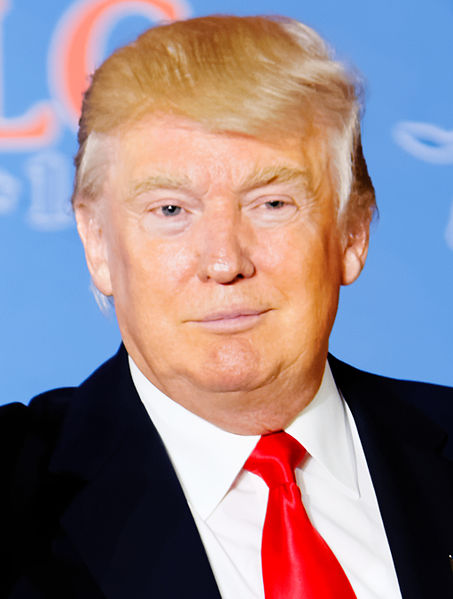Israel’s ambassador to the United Nations, Danny Danon, was demonstrably disappointed and upset by yesterday’s decision by the United States to abstain and thereby allow the UN Security Council to pass a unanimous resolution condemning Israeli settlement construction in the West Bank.

“It was to be expected that Israel’s greatest ally would act in accordance with the values that we share and that they would have vetoed this disgraceful resolution,” he declared.
He was referring to a resolution, passed by a margin of 14-0, that described Israeli settlements as “a flagrant violation under international law” and a “major obstacle to the achievement of a two-state solution.” The motion also urged Israel to “immediately and completely cease all settlement activities” in the West Bank.
It’s really puzzling why Danon — a leader of the Israeli settlement movement before his appointment to his current position — was so indignant.
As he and his superiors well know, the United States and Israel are not on the same page concerning Israel’s provocative and counter-productive settlement project in the West Bank.
Since the Six Day War, Israel has built more than 100 settlements in the West Bank and permitted the vast majority of unauthorized outposts to remain firmly in place. Hence the UN resolution.

In the face of these provocations, the United States — Israel’s best friend and protector — consistently chided Israel, but stopped short of pressuring it to amend its settlement policy. It’s true that the United States vetoed a 2011 UN resolution condemning settlements, but its veto was not in keeping with the tenor of traditional American policy.
American presidents from Lyndon B. Johnson to George W. Bush have been critical of Israel’s settlements in one degree or another. And the United States has voted for a succession of UN resolutions deploring or condemning the settlements, which run counter to international opinion, numerous UN resolutions and common sense.
The outgoing U.S. president, Barack Obama, has particularly objected to Israel’s settlements, having called them “illegitimate.” He and Israeli Prime Minister Benjamin Netanyahu have had a frosty relationship partly because of their sharp disagreement over the utility and legality of settlements.

Why, then, did Danon speak so passionately about “the values that we share?” The United States and Israel certainly share important values, but a fealty to settlements is doubtless not one of them.
Not by a long shot.
Washington’s ambassador to the UN, Samantha Power, correctly portrayed its abstention on December 23 as consistent with its dim view of settlements. As she put it, “The Security Council reaffirmed its established consensus that settlements have no legal validity. The United States has been sending a message that settlements must stop … for nearly five decades.”
Power also said, quite rightly, that the pace of settlement building has picked up and that Israel’s web of settlements jeopardize the two-state solution, which is already on its last legs.

Ben Rhodes, Obama’s deputy national security advisor, was just as emphatic: “We could not in good conscience veto a resolution that expressed concerns about the very trends that are eroding the foundation for a two-state solution.”
The Israeli government cynically pays lip service to the proposition of two states for two people, a formula Netanyahu enunciated in a speech in 2009 at Bar-Ilan University. In practice, however, he undermines that concept grievously by expanding existing settlements and allowing virtually all the unauthorized outposts to stay put.
At Netanyahu’s request, the incoming U.S. president, Donald Trump, publicly exerted pressure on the Obama administration to veto yesterday’s UN resolution, saying that “peace between the Israelis and the Palestinians will only come through direct negotiations between the parties and not through the imposition of terms by the United Nations.”
To his credit, Obama paid no heed to Trump.
Trump doesn’t seem to understand that settlements are deliberately intended to break up the territorial contiguity of a future Palestinian state and render it into a laughable toy state.

Nor does he appear to grasp the notion that peace talks will be superfluous unless Israel puts a full stop to settlement construction and comes to the belated realization that the West Bank, along with the Gaza Strip, should be reserved for a Palestinian state.
Judged by its actions rather than by its words, the present Israeli government, one of the most right-wing in history, has no genuine interest in an equitable two-state solution.
Sadly enough, to its detriment, it prefers to abide by the status quo, leans toward conflict management rather than conflict resolution, and builds or expands settlements instead of reaching a fair and lasting peace agreement with its Palestinian neighbors.
